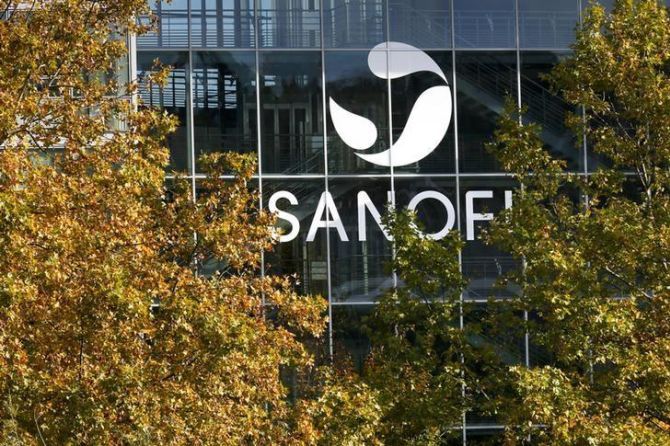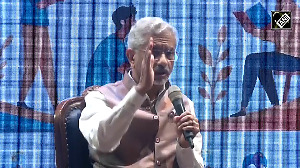The Philippines launches probe after Sanofi reveals WHO-approved dengvaxia - a dengue vaccine - aggravates symptoms in some cases.

The delay by the health ministry in approving the sale of the first-ever dengue vaccine developed by French pharmaceutical major Sanofi Pasteur might seem like another case of red tape, but the health crisis unfolding in the Philippines shows that India might have narrowly avoided a disaster.
The World Health Organization (WHO) had approved Sanofi’s dengue vaccine dengvaxia in April last year; the Philippines became the first nation to widely distribute it, after fast-tracking the approval process.
Several other countries such as Mexico, El Salvador, and Brazil have approved its sales.
On Monday, however, the Philippines launched an investigation after suspending the dengue vaccine last week, reported The Wall Street Journal.
The suspension came after the drug manufacturer said new evidence showed the vaccine could worsen dengue symptoms in some cases.
More than 730,000 people, mostly children aged about nine or more, were given the vaccine in the Philippines.
This had led to a crisis in the country, with Philippines’s presidential spokesman Harry Roque saying Manila vowed to “leave no stone unturned” in making accountable those responsible “for this shameless public health scam”.
The resistance from the health ministry in India came despite dengue cases rising to 0.14 million in 2017 (provisional data till November 26) from 0.12 million in 2016, according to the data from the National Vector Borne Disease Control Programme.
There have been 221 deaths in India from dengue in 2017, against 245 the previous year.
“This vaccine has been pending with us for two years. We do not plan to approve it till we are satisfied, irrespective of what other drug regulators do,” said G N Singh, drug controller general of India (DCGI).
“The company had sought a clinical trial waiver. We need to evaluate such requests. But, we will not approve any vaccine without being satisfied with the quality and efficacy.”
A person can be infected with dengue as many as four times due to the existence of different strains. Subsequent infections are often more severe.
Sanofi said last week new data found the vaccine was effective for people who had already had dengue, but for those who hadn’t, “more cases of severe disease could occur following vaccination”.
The company said it had asked regulators to change the vaccine label to recommend not taking the vaccine if people had not been previously infected.
The rising menace of the dengue has led domestic vaccine maker Serum Institute of India to plan launching a dengue vaccine in three to four years, besides a biologic drug for dengue in the next couple of years.
Dengvaxia was the first of its kind, targeting a mosquito-borne disease that afflicts some of the world’s poorest countries.
Dengue infects about 390 million people a year globally, 96 million of whom require treatment, according to the WHO.
Of those, about half a million are admitted to hospitals, and 2.5 per cent of all cases are lethal.
The virus causes a severe flu-like illness marked by painful joints and extreme fatigue.
Photograph: Robert Pratta/Reuters













 © 2025
© 2025